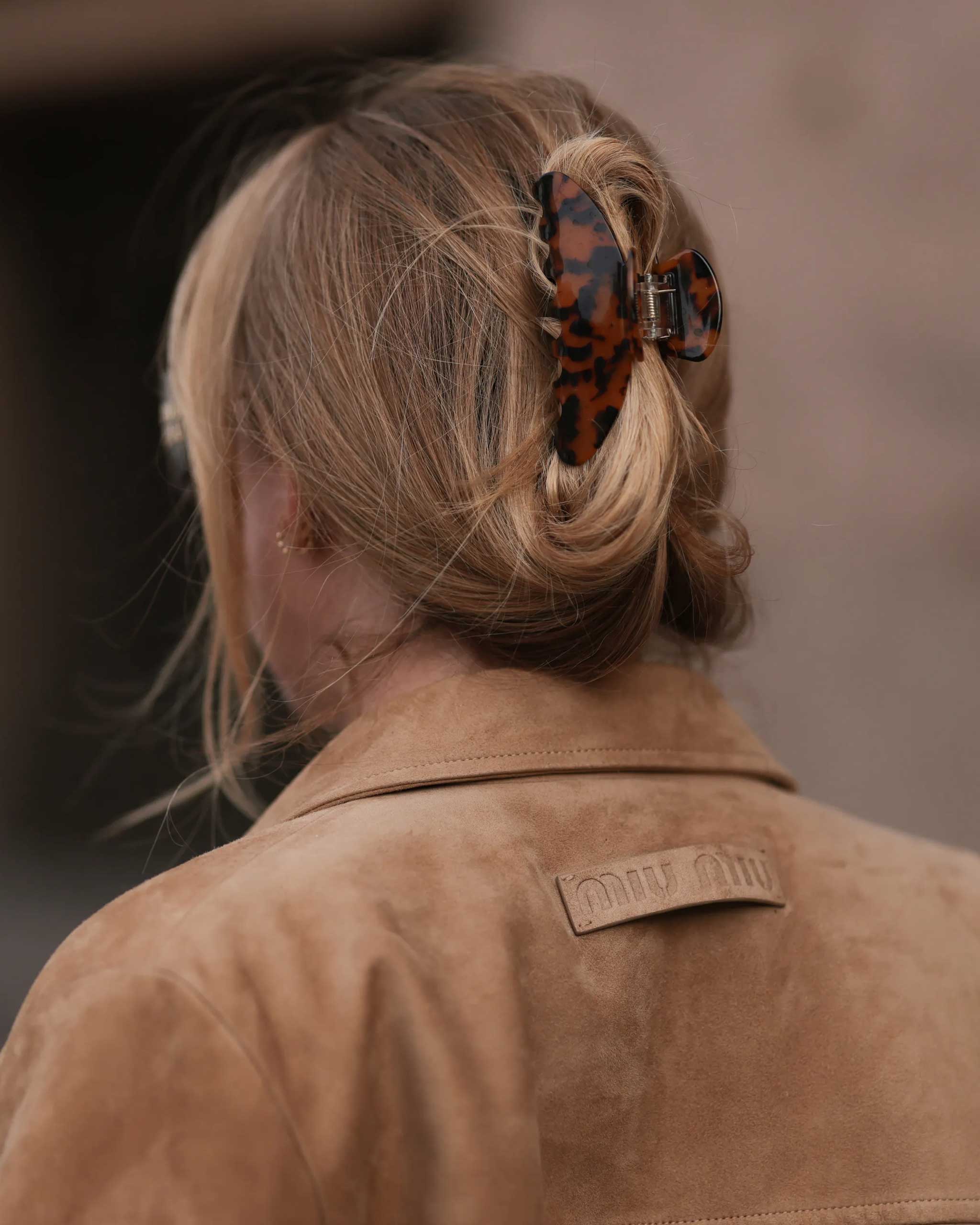Jeremy Moeller/Getty Images
Here’s what happens when you wash your hair without shampoo
There are some topics on which the beauty world is divided and how often you should wash your hair is one of them. There are those who argue that it is necessary to wash hair every day and those who think that once a week is enough. And then, there are those, like me, who decide to give up shampooing their hair completely. A routine that goes far beyond the no-shampooing days where hair washing consists only of using a mask and conditioner, but a complete change which includes ditching shampoo and conditioner altogether.
A difficult mission, but not impossible – those of you who have tried will understand this sentiment. So yes, I did not wash my hair with shampoo for 30 days. A challenge not to be taken lightly, particularly if you are conscious of the health of your hair and, of course, the scalp. Although it hasn’t happened to me, forgoing thorough cleansing can cause some side effects, such as dandruff, a hypersensitive scalp and, in some cases, even hair loss – problems that are reversible and are often related to the hair’s need to regain balance after giving up shampoo. This is something to be aware of before embarking on your journey to rediscover your hair.
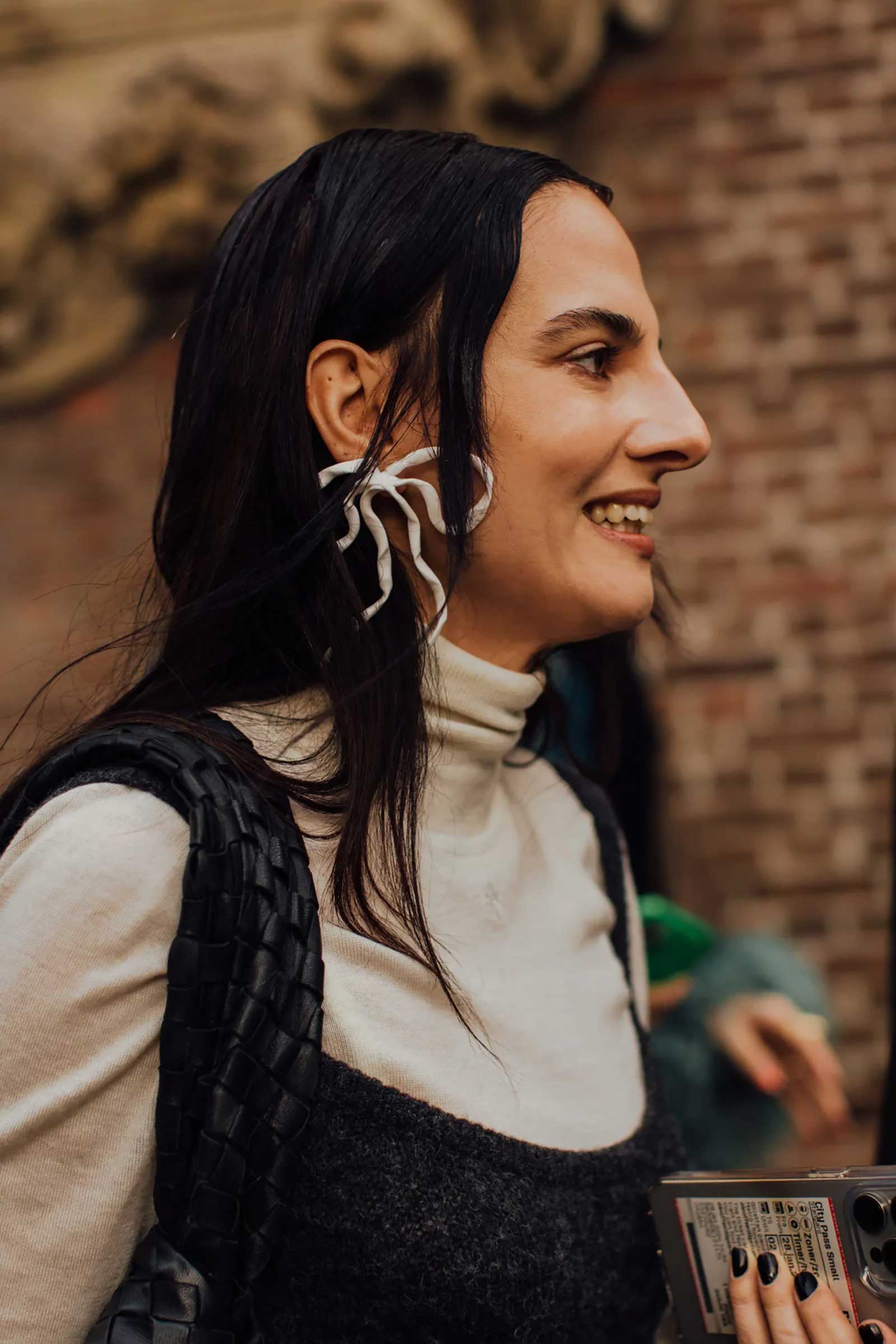
How often should you wash your hair?
Choosing to wash your hair once a week or every day is a personal choice and there are many factors that determine the need to wash your hair. Whether you exercise regularly or your social or work life make you feel like you need freshly washed locks, washing your hair can have a psychological value – making you feel more confident. There’s also other factors to consider, such as your hair type and where you might be in your menstrual cycle, which can all influence how frequently you need to wash your hair. Dry shampoo is a great in-between-washes option, but remember the effects and build-up of pollution and sweat brings its own scalp health issues, so keeping your scalp healthy and clean is important.
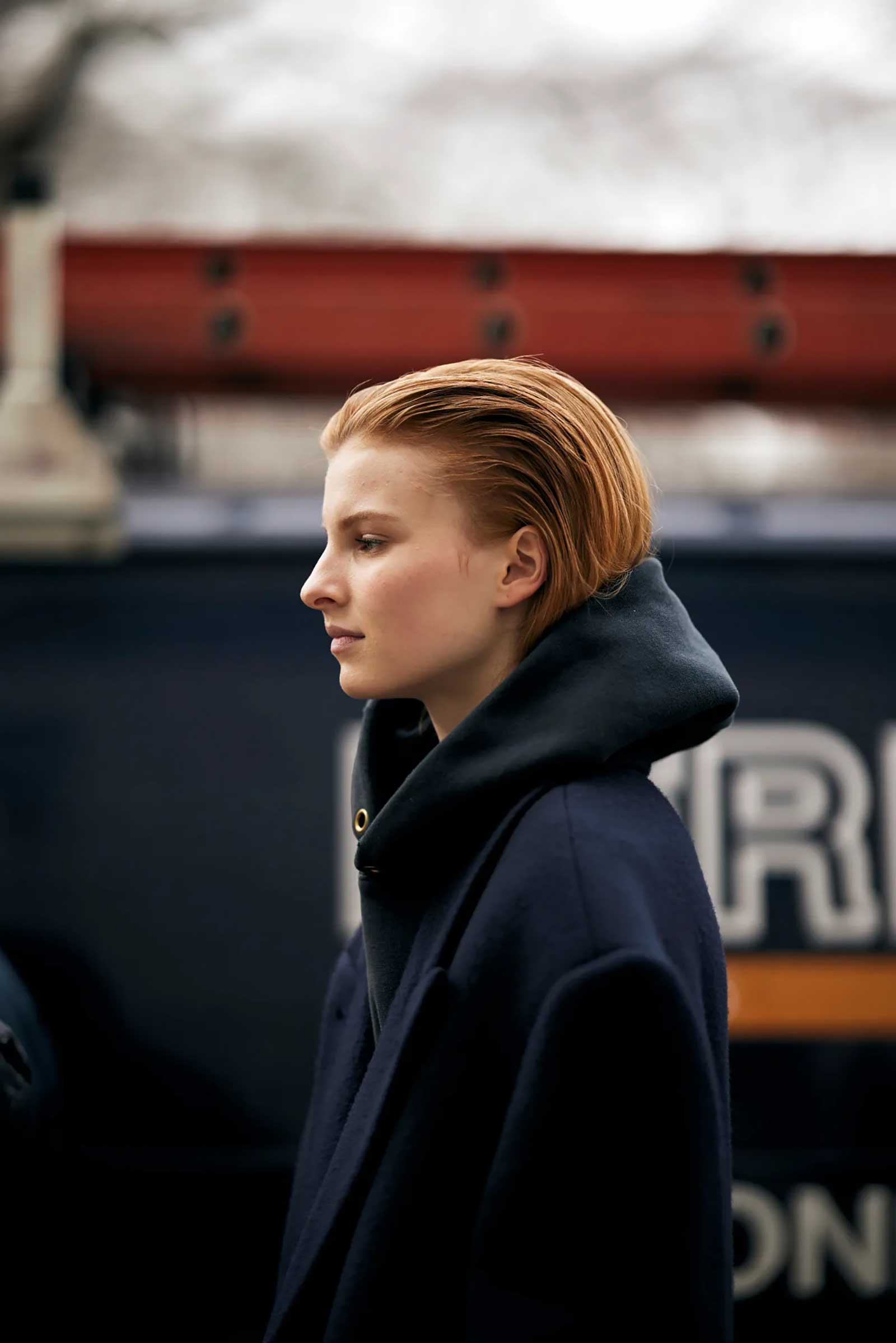
How to survive 30 days without shampoo? It’s all in the routine.
To last a month without shampooing, washing your hair with just water is not enough. In fact, to keep your hair healthy, you need to structure your haircare routine to give your hair everything it needs to keep it clean, soft and easy to comb. One way to solve this is to try natural remedies, such as rinsing with rice water – the starchy water left after rinsing rice – which has seen TikTok fame in recent years. It can help give hair important antioxidants, minerals, and vitamins B and E, which help hair stay soft, shiny and easier to detangle. Another popular technique that might help ditch the shampoo is co-washing or co-cleansing, a gentle, low-aggressive wash with conditioner, which nourishes the lengths and protects the colour. However, if you’e looking for an all-natural routine, co-washing isn’t suitable.
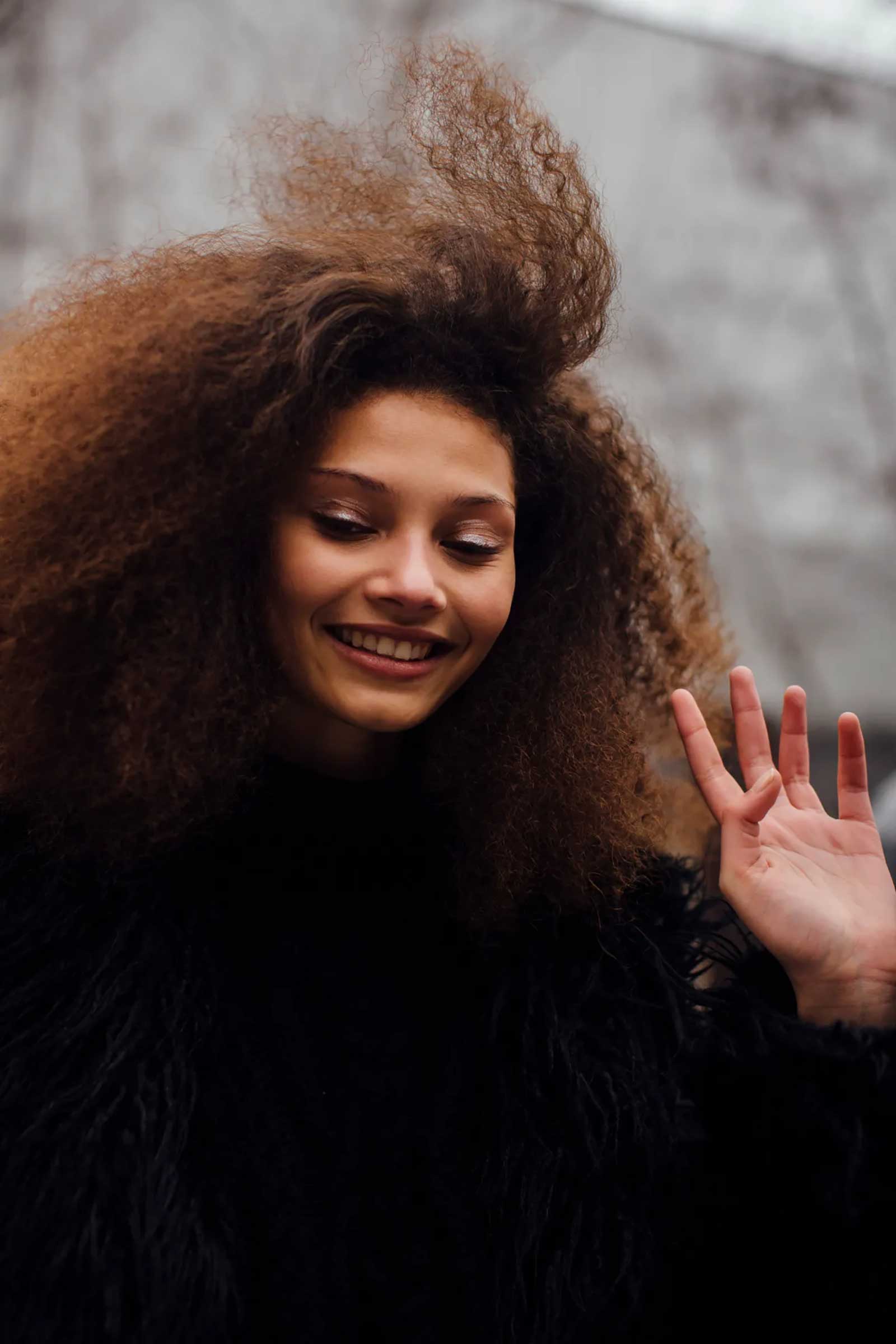
My experience of washing my hair without shampoo
Giving up hair products has been a journey of ups and downs – moments when I’ve felt deeply satisfied and other times when all I wanted to do was grab my shampoo and give my hair a good wash. Finding the balance hasn’t been easy, but the transformation as the weeks passed has been amazing, especially for my straight, thin hair, which usually lacks volume. Here’s what happened:
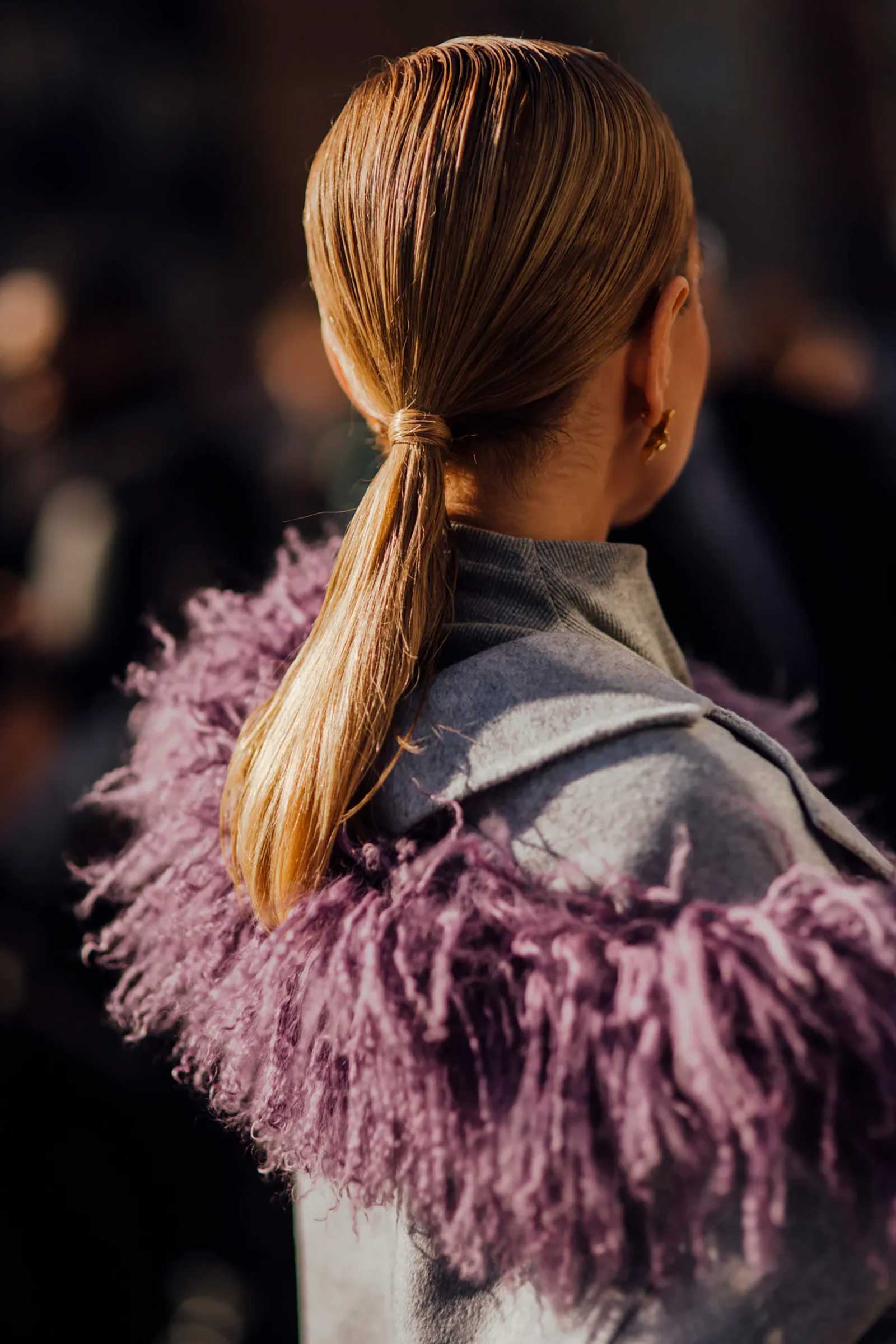
Days 1 – 5
The excitement of starting the challenge led me to choose to wash my hair only with water – immediately a bad idea. Although I combed the lengths carefully – trying to distribute the natural oils on the scalp down to the ends – using only water really dried out my hair, which then appeared dull and dehydrated.
Days 6 – 10
I started trying some of the most popular natural remedies online, such as water and vinegar and baking soda. A combination that allowed me to keep my hair shiny and was light on my roots. The baking soda gives a gentle exfoliation to the scalp and helps with any excess of sebum.
Days 11 – 20
I particularly lacked any softness in my hair, which was down to the lack of conditioner, so I decided to try one of the most talked-about natural remedies online – eggs. I used them in the shower instead of shampoo, but also as a base for a natural mask with yogurt and aloe vera, which I applied once every three days. I found this helped me have more of a routine. There wasn’t an immediate effect visibly but over time, my hair felt softer and stronger.
Days 20 – 25
TikTok helped me find the absolute best hair mask. Made by mixing 250 ml of water with about 60 grams of flaxseed, which you boil, it then creates a gel which you should try and leave on your hair for an hour. I found it very moisturising and left my hair shiny – a restorative treatment.
Days 26 – 30
The appearance of my hair has changed. It is voluminous and full-bodied and despite not using shampoo, it doesn’t smell. I learnt one very important daily step, which was to make sure I combed my hair in the morning and the evening and especially before washing (without shampoo) to evenly distribute my natural scalp oils.
Would I do it again? Perhaps, but probably as an annual hair and scalp detox treatment. I must admit that on day 31, my shampoo hair wash was the best smelling of my life.
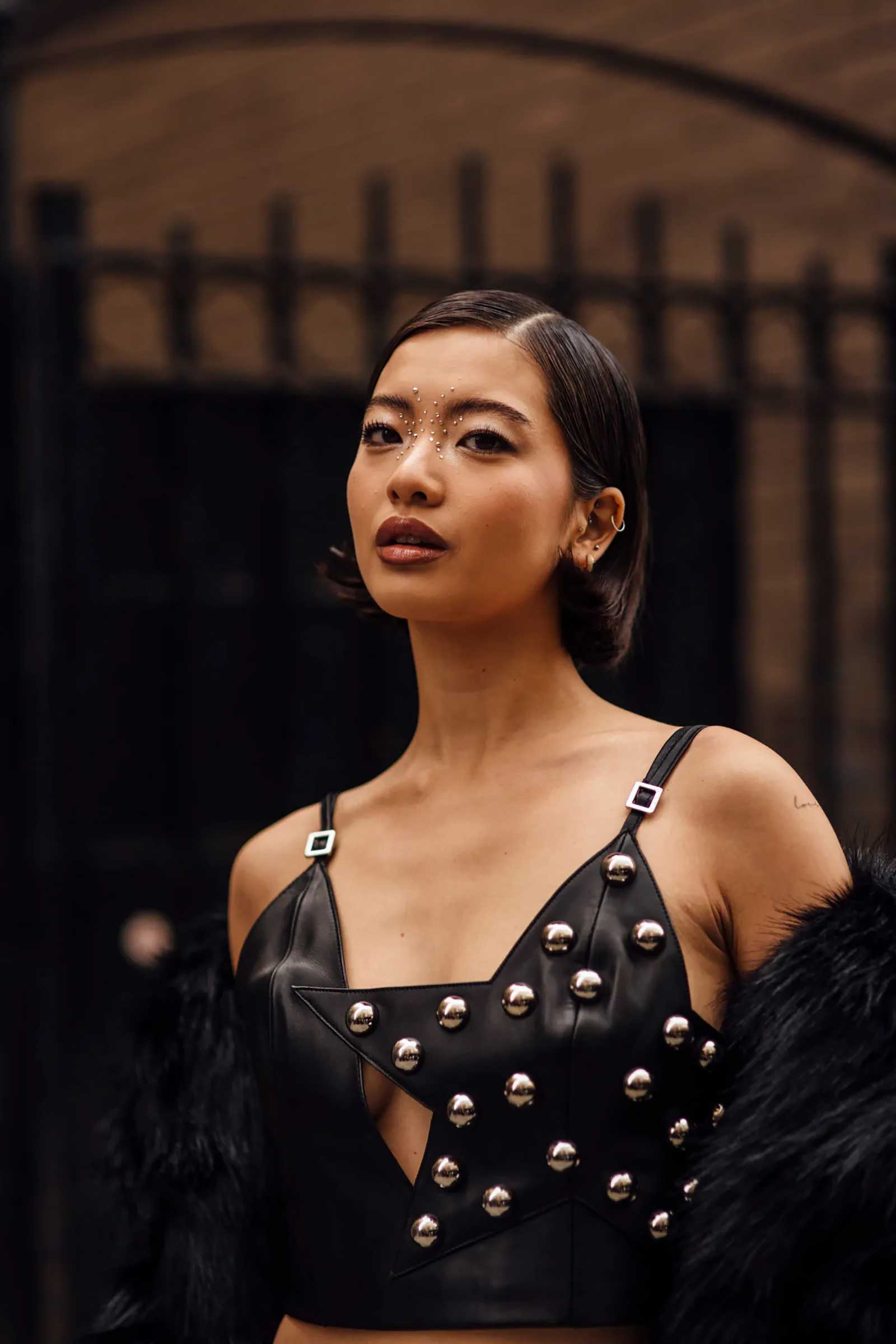
This article was originally published on British Vogue.
